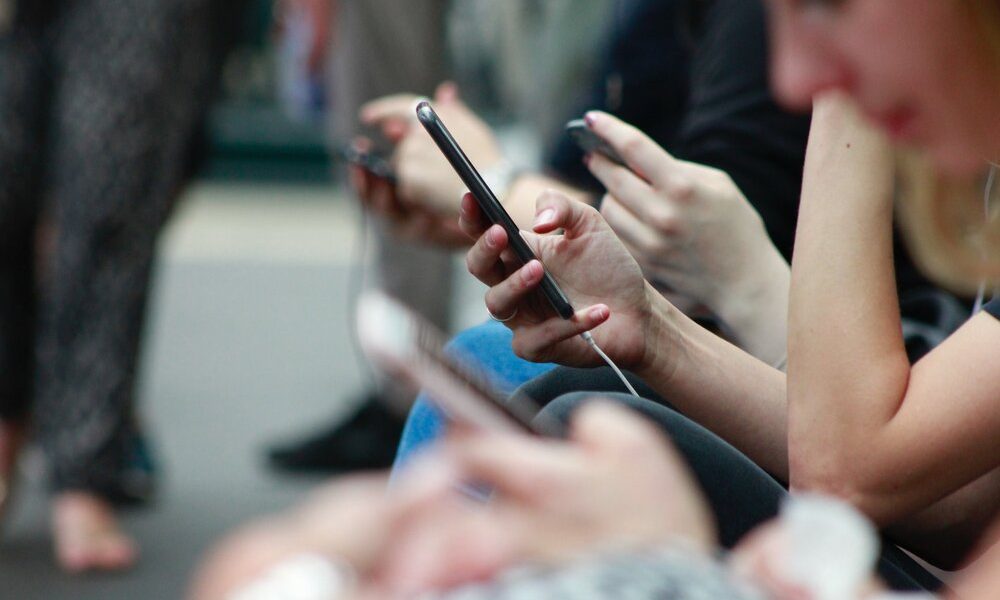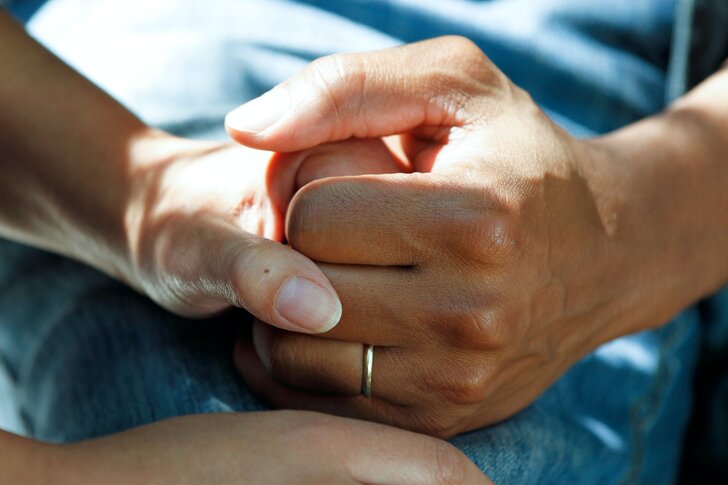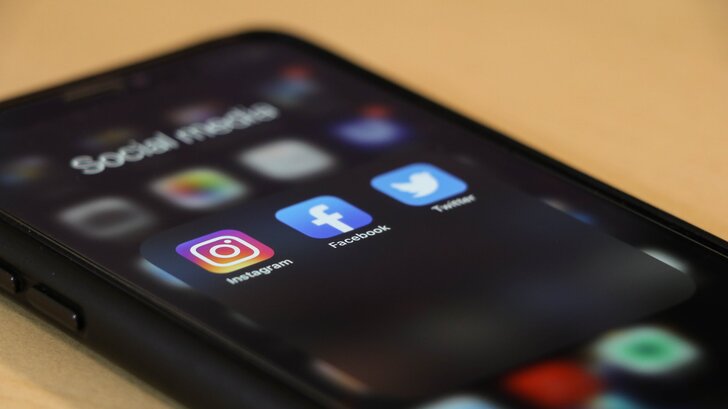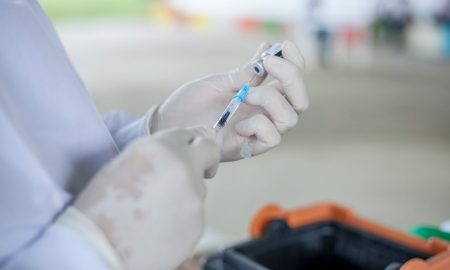
Misinformation On Social Media Leads to Tension Among Patients

We get it, cancer is an extremely serious situation. No one can quite imagine what a patient goes through; it not only messes with their physical health but also ruptures their mental stability.
That’s why patients, as well as their family members, constantly lookout for every single bit of information that can provide them with insight into the disease, and more importantly, a ray of hope.

National Cancer Institute/Unsplash | Cancer patients and their families often read articles on the internet and social media in a bid to find hope, understanding, as well as information
But while most credible sources offer genuine information, self-declared “experts” often choose to bombard the world with any and everything they can think of in a bid to gain attention.
Most such experts exist on social media. That being said, we also want to state that much of such information is served by well-intentioned people who’ve been through the disease, with the sole intention of helping.
But the problem that arises is that what they share is often unfounded, baseless, and evidence-less. Instead of calming patients down, it often ends up aggravating them.
Detrimental misinformation
As per a recent study conducted by Pew Research Centre, it’s believed that more than 72% of the adult population in the United States turns to social media to seek health-related information. Research also claims that most of the information that’s shared and consumed on social media is totally misleading.

Dole777/Unsplash | Research claims that most of the health information shared on social media is fake and misleading
Sadly, that’s not it! A special study of social media proves that as much as 86.4% of the news bits about drugs and dietary supplements circulated over WhatsApp are fake or untrue! Can you imagine how much damage this kind of misleading information can cause?
The spread of false “health improving tips” can cause resistance to evidence-based medicine and hinder a patient-doctor relationship. Worse, it can also lead to the risk of unknown death.
Digging deep
Recently, doctors and researchers at the University of Utah undertook a cross-country collaboration in order to verify the accuracy of cancer-related treatment information on social media platforms. What they found was really shocking!
They found that one-third of the entire such information was fake and misleading. Not just that, the majority of these so-called informational articles were actually carrying dangerous information.
Skylar quotes, he had no idea what to expect while carrying out this study. Unfortunately, his fears and anxiousness were triggered the moment he saw these jaw-dropping claims. The most shocking thing was that these articles had the potential to reach so many readers, which means monumental proportions of damage considering the information they’re spreading was unsafe and fact-less.

Mauro Mora/Unsplash | The worrying factor among experts, is that such fake social media articles have the potential of reaching millions of readers
A lesson to learn
Some experts suspect that the false information provided by social media platforms somehow influences a patient’s decision to undergo the required cancer treatment. And why won’t it? In today’s twisted times, we seek answers for every single thing from the internet. Believing everything we read is true!
In such situations, doctors need to take the upper hand and address their patients regarding the misinformation they receive from multiple platforms. As for patients, they must have faith in their doctors and in the healthcare system.
So the next time you receive a WhatsApp message related to cancer treatment, make sure you check the credibility of the information before blindly believing in it.
More inMedicare
-
`
What Is Lüften and Why Should You Do It in Winter?
Proper ventilation is essential for maintaining indoor air quality, especially during colder months. In Germany, a traditional method called lüften has...
February 13, 2025 -
`
How Often Should You Clean Your Yoga Mat? The Complete Guide
Cleaning your yoga mat might not always be top of mind, but it’s essential for your health and well-being. Whether you’re...
February 6, 2025 -
`
7 Common Blood Pressure Mistakes to Avoid for Accurate Readings
Managing your blood pressure is crucial for maintaining heart health, but many people unknowingly make mistakes when measuring it at home....
January 31, 2025 -
`
Types of Milk and Their Health Benefits – A Complete Guide
Milk has long been a staple in many households. Whether it’s poured over cereal, added to coffee, or simply enjoyed on...
January 25, 2025 -
`
Why the Keto Diet Is Not As Healthy As You Assume It to Be
The ketogenic (keto) diet is everywhere, touted as a game-changing plan for fast and effective weight loss. But is keto healthy?...
January 15, 2025 -
`
Are Press-On Nails Worth the Hype?
Getting the perfect manicure often requires a hefty investment of both time and money. However, if you’re looking to achieve a...
January 3, 2025 -
`
How Intense Exercise and Appetite Are Surprisingly Linked
Balancing physical activity and hunger can be challenging, especially when maintaining a healthy lifestyle or managing weight. Exercise is known to...
December 26, 2024 -
`
Our Brain: The Link Between Learning and Mindset
The brain is a complex organ that governs bodily functions but also shapes how we think and act. This interplay raises...
December 18, 2024 -
`
The Top 5 Benefits of Getting a Flu Shot
Getting a flu shot is more than skipping the sniffles. It protects your health in a big way. The flu vaccine...
December 13, 2024















You must be logged in to post a comment Login